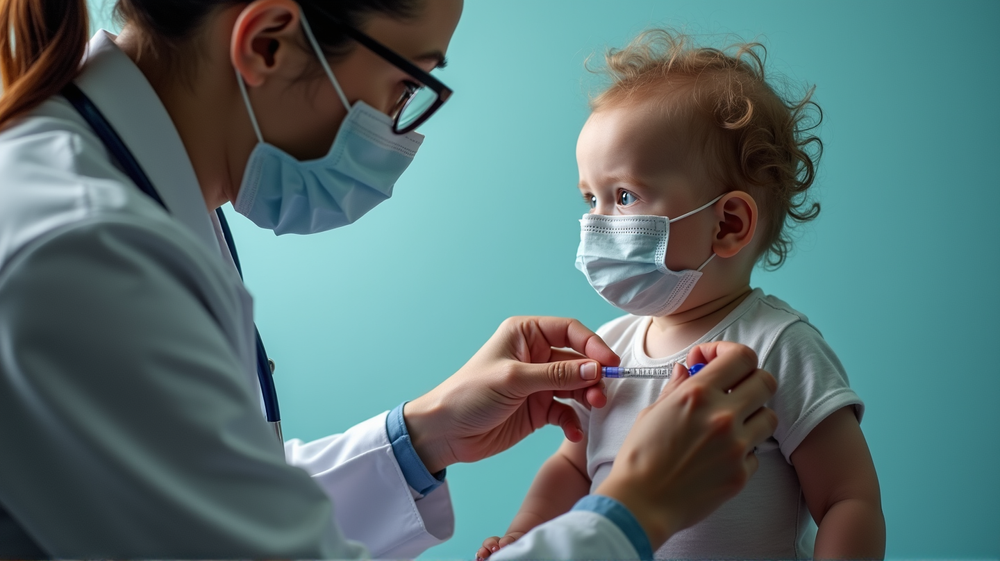The sudden loss of two unvaccinated infants to whooping cough in Kentucky has poignantly underscored the critical importance of vaccinations. Heart-wrenching for families and communities, these deaths are a stark reminder of the risks associated with preventable diseases.
Recognizing the Danger
According to the Kentucky Department for Public Health, these are the first pertussis-related deaths in the state since 2018. The disease, known for its explosive coughing fits, can be incredibly dangerous, especially for infants. Speaking to this, Dr. Steven Stack, the Department for Public Health commissioner, emphasized the importance of vaccinating pregnant women to protect both themselves and their newborns.
The Alarming Symptoms
Whooping cough begins with symptoms resembling a common cold, such as a runny nose and mild cough. However, within weeks, the coughing can escalate into severe spells that might lead to high-pitched whoops and even vomiting. Disturbingly, infants may not display classic symptoms and could struggle with breathing or stop entirely during these attacks.
Vaccination: An Immediate Necessity
With 247 cases reported in Kentucky already in 2025, there is an urgent call to action. Health officials advocate for staying current with pertussis vaccinations, particularly as historic trends suggest potential increases in cases during summer and fall months. The vaccine, often combined with tetanus and diphtheria (DTaP and Tdap), is mandatory for school children in Kentucky.
Lowering the Risks
While 86% of kindergarteners and 85% of seventh graders in Kentucky are reportedly up to date on their vaccines, officials stress that this rate isn’t sufficient. The spread of whooping cough primarily occurs through household contacts—often unwitting older siblings or caregivers who display mild, unnoticeable symptoms.
The Unified Front
Ensuring timely immunization is crucial, and officials encourage vaccinations across various stages: infants at 2, 4, 6, and 12-15 months, children before kindergarten, and teens at 11-12 years. Adults should also receive doses every 10 years or sooner if necessary. Pregnant women, particularly, need to be vaccinated every pregnancy to shield their newborns from this preventable nightmare.
As stated in The Lexington Times, a community-wide effort is essential to curb this preventable tragedy, forging a future where whooping cough can no longer claim the lives of the vulnerable.












